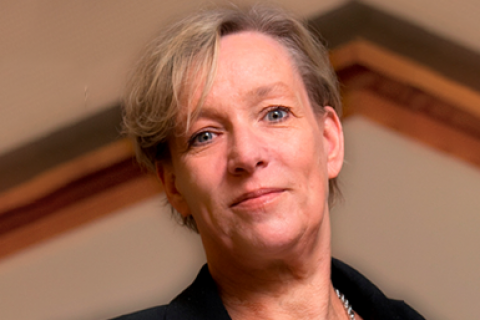Eurasian relations in higher education in the context of the fast moving world scene
- Simon Marginson, University of Oxford and University of Bristol
- Marijk van der Wende, Utrecht University
Event Materials
This event is now archived and we are pleased to provide the following event media and assets, along with the original event overview.
2021 has started with signs of hope; Covid vaccine arriving, a new US president installed, and world leaders in a first-ever online World Economic Forum reconfirming the importance of international cooperation and multilateralism. But also waking up in the post-Brexit reality and with tensions rising globally over vaccine distribution and uneven economic recovery. It is early to assess the full impact of the Covid-19 pandemic and the shifting geo-politics on higher education globally. Will globalization be reshaped? Will the EU come closer together or drive towards further fragmentation? Will it be strong enough to rebuild globally the kind of multilateralism on which international academic cooperation has been based, and who will be its principle partner; the US, China, or both?
The pandemic is proving to be a test of solidarity and the situation is still fragile. Despite the closing of borders, cities and campuses, universities have proven to be resilient and open science and global collaboration to be invaluable in addressing this global challenge of unprecedented allure. But the future of open science and global collaboration is ambiguous. Globalization will not collapse or be simply reversed, but seems to be shifting. Most likely eastwards, building on trends emerging well before the pandemic outbreak. In particular China, with a forecasted fast economic recovery, opportunities to capitalize on the return of its academic diaspora, and sustained investments in HE and R&D, will be able to increase its weight on the global higher education scene. And thus to influence conditions for academic collaboration.
Multilateralism will be redefined between the EU, China and the US, likely resulting in new conditions for higher education globally. These will be explored in this seminar, building on a recent study on the implications of China’s New Silk Road for Eurasian relations in higher education, published by Oxford University Press.
Event Materials
This event is now archived and we are pleased to provide the following event media and assets, along with the original event overview.

